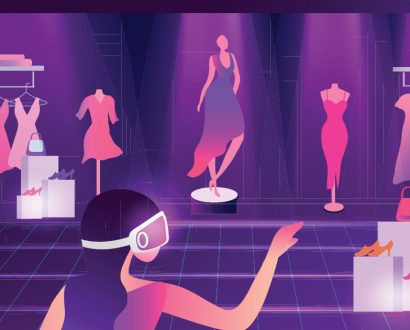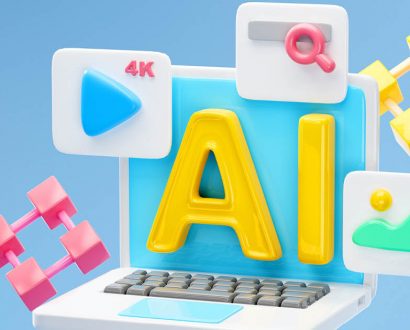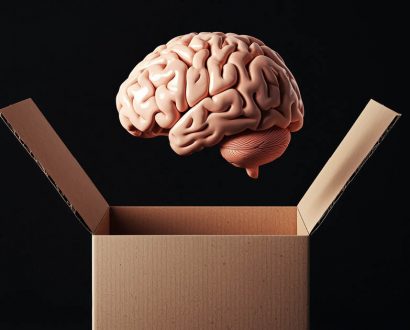Digital innovation is shaking up consumer industries by shifting power from brands to consumers, value from traditional players to digital insurgents, and placing the consumer in the driver’s seat. Customer experience has become a key differentiator, with today’s consumers expecting a higher level of personalisation from the companies they buy products and services from.
As the long-awaited arrival of Amazon is predicted to win over Australian consumers, offering increased choice and convenience, Australian companies will need to compete by delivering exceptional customer experiences.
Today, many brands know that the digital experience is the crux of what drives consumer purchases. Companies have to offer customers unforgettable experiences to succeed, and the most successful way to propel innovation and harness digital is through the utilisation of big data and analytics.
This vision of brands selling experiences is now a reality, made possible by the explosion in connectivity, the advances in analytics and artificial intelligence, and the growing proliferation of smart devices.
Accenture believes the integration of these emerging technologies marks the evolution of a new ‘experience economy’, where products will evolve into services, and services into experiences, with data serving as the backbone of their delivery.
According to research from Gartner, 89% of business leaders believe customer experience is already becoming their main point of competition. As digitisation creates opportunities for companies to use consumer data to improve customer experiences, developing successful data monetisation models will become a critical challenge for consumer industries.
To take part in the new experience economy, businesses must ask how they can push the boundaries on innovation and invest in the right capabilities to enable product and service offerings that drive differentiation? The following initiatives will be key to winning in the experience economy:
Hyper-personalisation in goods
All consumers appreciate the appeal of services designed with user convenience front of mind. Consumer data can be leveraged to provide a personalised experience, as demonstrated by the many companies creating more targeted and contextual promotions.
These recommendations are based on information gathered from past behaviour, current shopping activity, and location. The retail sector has helped deliver personalisation at scale by adopting technologies such as electronic point-of-sale and radio frequency identification, which have enhanced the ability of companies to accurately track the movement and sale of goods. US department store Macy’s has successfully employed beacons, offering discounts, rewards and personalised deals to its customers via their smartphones.
Retailers that succeed at this could drive up to eight per cent improvement in revenues. The potential rewards for businesses could be substantial, with personalised products and memorable experiences translating to brand loyalty.
From products to services and experiences
As part of the experience economy, brands are offering services to complement products, enabling them to develop a longer-term engagement with their customers. One of the first mainstream players to venture into the experience economy was Nike.
When it launched the FuelBand, a wristband that monitors the wearer’s activity levels, it allowed users to share their fitness experiences with the seven-million strong Nike+ online community. While Nike has since focused on wearable partnerships with Apple, this remains a relevant example of how brands have successfully created an experience around a product.
As with hyper-personalisation offers with products, engagement through experience and community offers the potential for newer methods to capture value and the chance to build strong customer loyalty.
Social concerns and trends
Tapping into societal concerns could enable the identification of possible new products and services. New employment opportunities may be created by demand for new consumer services, experiences and products. But the biggest benefits are likely to come from innovations in consumer health care that contribute to improved health and wellbeing for individuals and society as a whole.
With a large number of consumers looking to live healthy lives, companies offering health-based services will have significant opportunities. For example, the market for wearable healthcare devices is expected to grow considerably. The challenge for companies will be how credibly they can market real health benefits to consumers.
Efforts made by consumer goods companies and retailers to enrich the experience of customers throughout their journey of purchase and consumption will help businesses unlock value. Digitisation may have led to abrupt changes in business models, but businesses can adopt capabilities such as data mining to get on board the experience economy.







